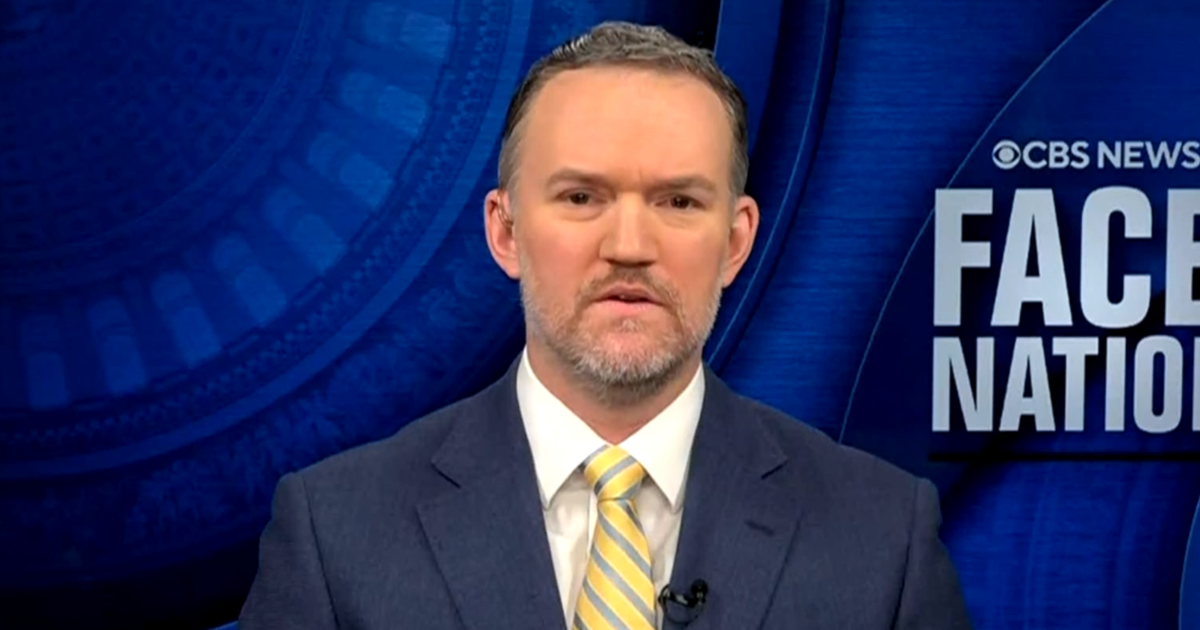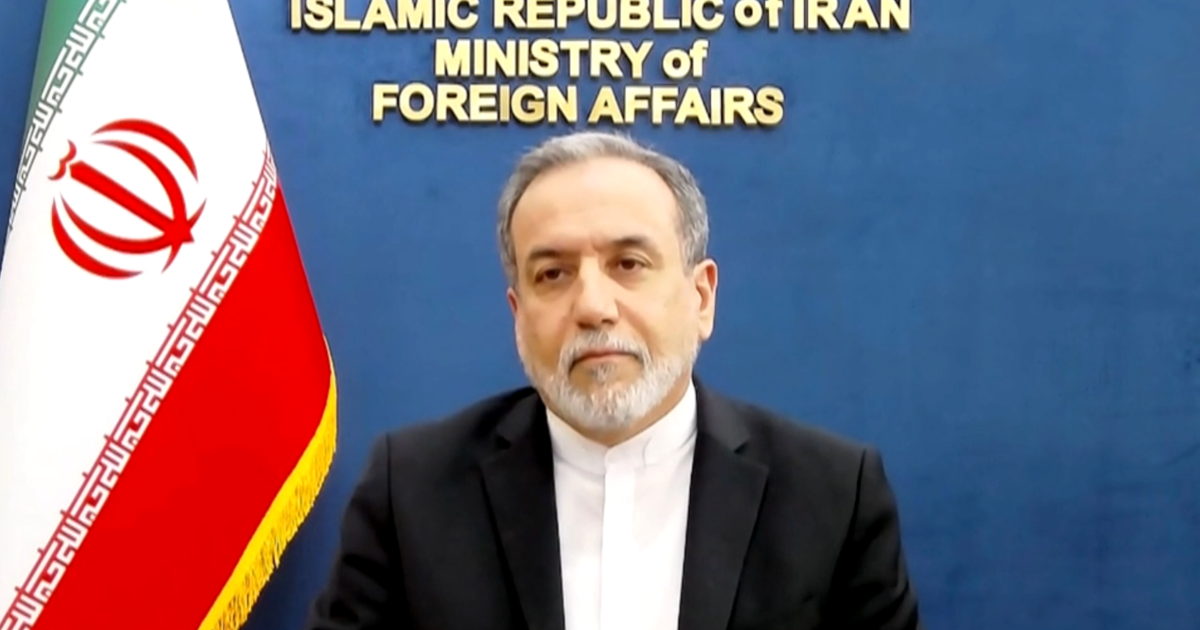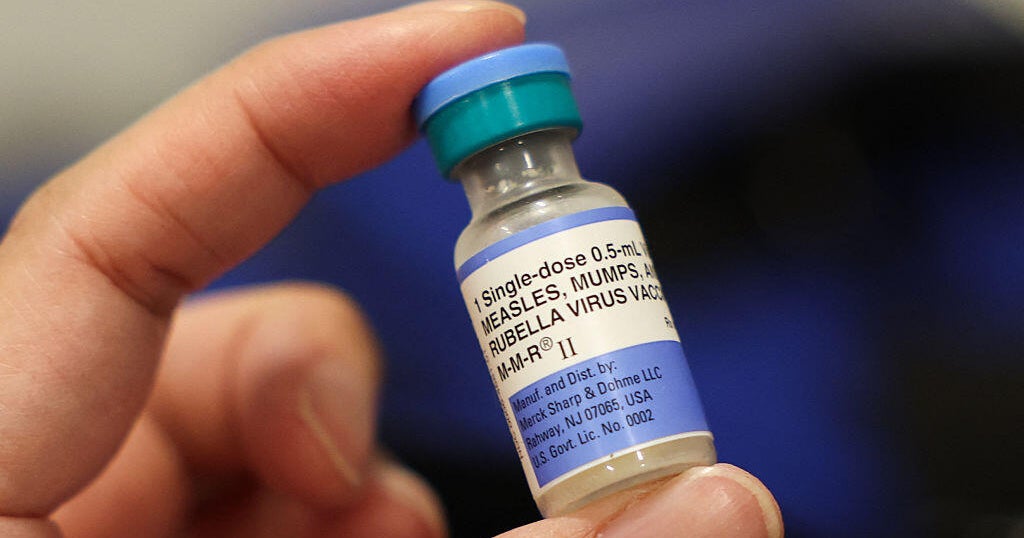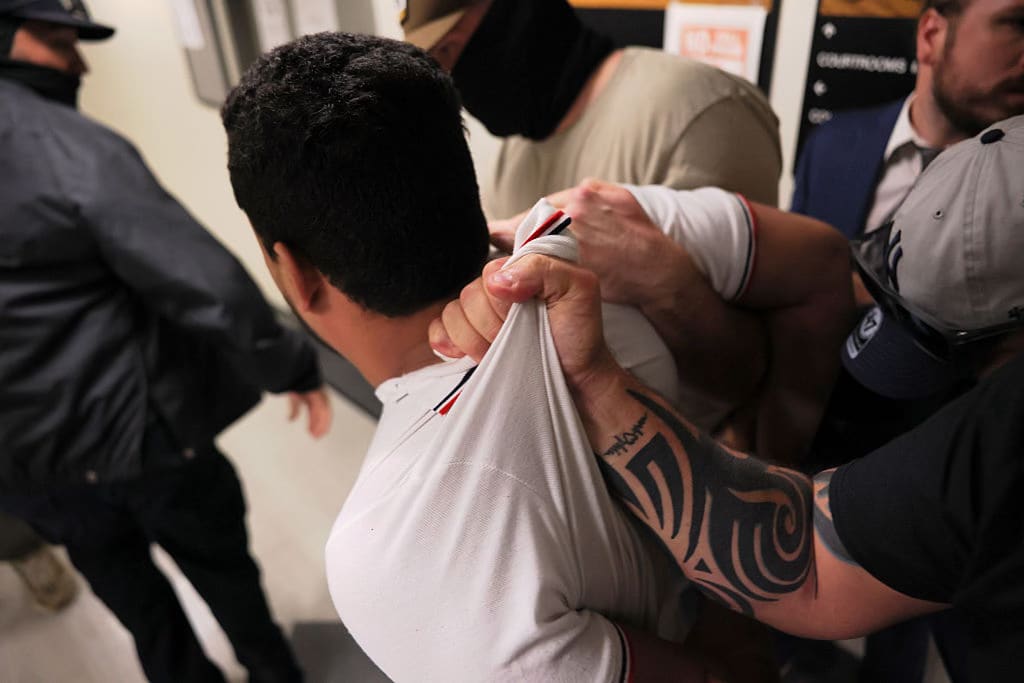Gottlieb says Omicron variant of COVID-19 "almost definitely" already in U.S.
Washington — Dr. Scott Gottlieb, former head of the Food and Drug Administration, said Sunday that the new Omicron variant of the coronavirus reported last week is likely already in the United States, but said the federal government is better positioned to detect cases of the new strain than it was a year ago.
"It's almost definitely here already, just looking at the number of cases coming off planes this weekend. It's almost a certainty that there have been cases that have gotten into the United States," Gottlieb said in an interview with "Face the Nation." "We're in a much better place now than we were a year ago when B.1.1.7 first arrived, or even when Delta first arrived. We are sequencing about a hundred thousand cases a week, which is very good. It's about 20% of all the diagnosed cases. CDC is also going to set up this week a new surveillance system specifically for this variant."
First reported by South Africa to the World Health Organization last Wednesday, the Omicron strain was classified as a "variant of concern" in part because of its high number of mutations and some initial evidence it carries a higher degree of infection than other strains. Cases have been reported in Belgium, Israel, Hong Kong and Britain, but no cases of the new variant have been identified in the U.S. as of yet, according to the Centers for Disease Control and Prevention.
While Gottlieb said it's likely there are cases of the Omicron variant already in the U.S., he noted public health officials may be overestimating its prevalence, in part because South Africa could be exhibiting a surge in COVID-19 infections driven by the Delta variant after relaxing mitigation measures.
"This probably isn't that prevalent around the world," he said. "I would still exercise the same cautions as before. I think the biggest risk to travelers right now is that given the uncertainty around the world and the fact that countries are reacting so briskly, if you do end up being positive overseas, you could find yourself stuck in a very onerous quarantine relative to where we were maybe one or two weeks ago, because I think countries are behaving with no frills right now and trying to control the spread of this new variant, and they're taking pretty drastic measures in certain cases."
Emergence of the Omicron variant has sent the world scrambling, with many countries enacting new restrictions on travel from southern Africa. President Biden on Friday announced the U.S. would be imposing travel restrictions on eight countries beginning Monday as part of its efforts to mitigate the spread of the new variant.
Gottlieb, though, said the travel restrictions are "very punitive" and could disincentivize other nations from sequencing and reporting new coronavirus strains, as South Africa did to the World Health Organization.
"We could have accomplished a lot of what we're seeking to accomplish with these restrictions, perhaps by increasing requirements on travelers, requiring that they be vaccinated and also have a negative PCR test in the last 24 hours," he said. "You know, these kinds of restrictions are going to reduce introductions that could buy us perhaps a couple of weeks, but we didn't need the close off travel. And unfortunately, we're punishing South Africa for doing the right thing."
Though detection of the Omicron variant has sparked worldwide concerns, Gottlieb said there is anecdotal evidence it's causing mild illness, and pointed to three key questions about the strain: is it more virulent, does it escape immunity and does that escape from immunity increase transmissibility?
"If someone who's been infected with Delta is well-protected from this and someone who is fully boosted is also well protected from this, that could be a pretty good backstop from this becoming really epidemic in the United States," he said.
Scientists working on vaccines, Gottlieb said, have a "pretty good degree of confidence" that three full doses of COVID-19 vaccines are going to be "fairly protective" against the new strain.
Vaccines are reported to be widely available in South Africa, and Gottlieb, who serves on the board of Pfizer, said the company and Johnson & Johnson have been told to stop shipments to the country as it works to distribute its supply.
Of the 30 million doses of Pfizer's COVID-19 vaccine sent to South Africa, 19 million have been administered, he said.



